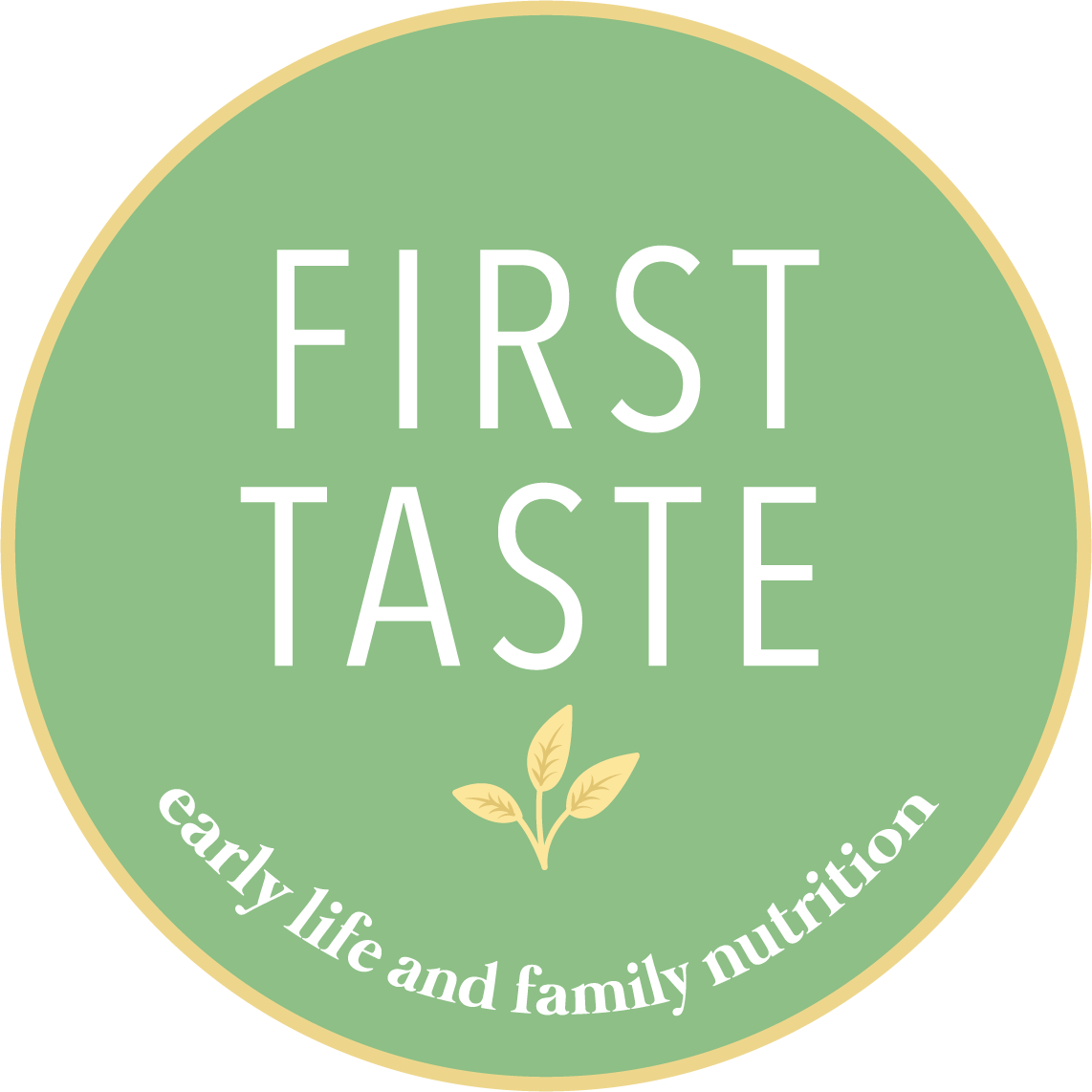4 Essential Nutrients for Baby’s Brain Development (And How to Get Them Easily)
When you are thinking about pregnancy or are already expecting, one of the first questions that comes up is what you can eat to support your baby’s brain development. It is a good question because what you eat before and during pregnancy really does matter.
Your baby’s brain starts forming very early, so giving it the right nutrients from the start makes a difference.
Why Nutrients Matter for Brain Development
Research shows that specific nutrients help with the structure and function of your baby’s brain and nervous system.
As I’ve always said, you do not need a perfect diet, but knowing what to focus on will help you make confident choices.
Key Nutrients to Support Baby’s Brain
Choline
Choline is often overlooked, but it is essential for building brain cells and helping them communicate. Good food sources include:
Eggs
Soybeans
Quinoa
Cauliflower
Beans and lentils
Iodine
Iodine supports your baby’s nervous system and thyroid function, both of which are important for brain growth. You can find iodine in:
Iodised salt (if you cook at home, this is a simple switch)
Seaweed
Dairy products
Some fortified plant milks
Folate
Folate is vital before and during pregnancy because it reduces the risk of neural tube defects and helps with early brain development. You can get folate from:
Lentils and beans
Leafy greens like spinach and kale
Broccoli and asparagus
A quality prenatal supplement that includes folate
DHA
DHA is a type of omega-3 fat that helps form the structure of your baby’s brain and eyes. Sources include:
Salmon, sardines, and trout
Algae-based DHA supplements for plant-based eaters
Simple Ways to Include These Nutrients
You do not need complicated meal plans to give your baby a strong start. Try:
Scrambling eggs with vegetables for breakfast
Adding beans to a salad or a wrap
Using iodised salt when cooking
Enjoying salmon or sardines a couple of times a week
Taking an algae-based DHA supplement if you do not eat fish
Focus on Small Consistent Steps
Instead of aiming for perfection, start with these four nutrients and add one or two foods from each category to your weekly meals. Small, consistent choices build a solid foundation for your baby’s growth.
Over time, these habits support both your health and your baby’s brain development from the very beginning.

